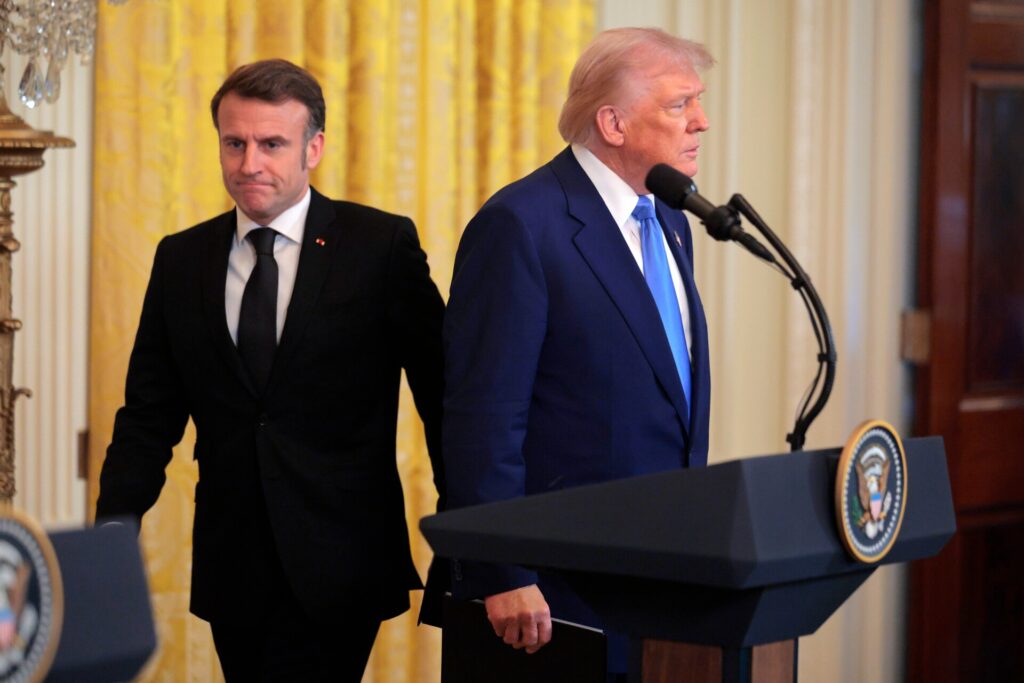EU leaders convened this week to discuss increasing military support for Ukraine, signaling renewed commitment to aid Kyiv in its ongoing conflict with Russia. However, talks on additional sanctions against Russia yielded little progress, highlighting divisions among member states.
The summit underscored the EU’s dual challenge: providing sufficient assistance to Ukraine while maintaining a unified stance on punitive measures against Russia. Leaders emphasized that sustaining Ukraine’s defense capabilities remains a top priority.
Pledges for Enhanced Military Aid
Several EU countries expressed readiness to supply advanced weapons, ammunition, and logistical support to Ukraine. Leaders stressed that timely military aid is crucial to bolster Ukrainian defenses and deter further aggression.
EU officials confirmed that discussions included increasing funding for training programs, intelligence sharing, and long-term military equipment delivery. “Supporting Ukraine is essential for European security,” one official said. “Our assistance must match the scale of the challenges Ukraine faces on the ground.”
Stalled Talks on Russia Sanctions
Despite consensus on military support, negotiations on additional sanctions against Russia faced obstacles. Divergent views among member states regarding energy dependence, economic impacts, and enforcement mechanisms slowed agreement on new measures.
Some countries advocated for stricter financial penalties and restrictions on Russian exports, while others called for a cautious approach to minimize economic fallout within the EU. The lack of consensus illustrates the complexity of coordinating a unified EU foreign policy in times of conflict.
Strategic Importance of Ukraine Support
The focus on EU Ukraine military support reflects growing concern over Russia’s military capabilities and the potential for escalation. Analysts note that timely and robust support can enhance Ukraine’s negotiating position, improve battlefield outcomes, and reinforce deterrence against further aggression.
Leaders also acknowledged the symbolic significance of visible EU support, sending a message to both Russia and the international community that Ukraine has strong backing from European nations.
Economic and Political Implications
While military support is critical, EU leaders are also mindful of economic consequences. Increased arms deliveries and aid packages require careful budgeting, coordination, and logistical planning. Countries supplying advanced weaponry must consider domestic priorities and public opinion, adding pressure to decision-making processes.
The stalled progress on Russia sanctions further complicates the political landscape. Without unanimous agreement, proposed measures may be delayed or diluted, reducing their potential effectiveness in influencing Russian policy.
Role of EU Institutions
EU institutions, including the European Commission and European External Action Service, play a key role in coordinating military support and sanction strategies. They monitor aid delivery, assess logistical needs, and provide guidance to member states on compliance with EU rules and international law.
Officials stressed that coordination is ongoing, and further meetings are planned to resolve outstanding issues and ensure that military assistance reaches Ukraine efficiently.
Perspectives from Ukraine
Ukrainian officials welcomed the discussions on EU Ukraine military support but expressed frustration over the slow pace of sanctions implementation. Kyiv emphasized that stronger and more immediate measures are needed to counter ongoing threats and stabilize the frontlines.
Ukrainian leaders also encouraged EU countries to provide long-term commitments for weaponry, intelligence, and training programs to sustain their defense efforts.
Looking Ahead
EU leaders plan to reconvene in coming weeks to finalize military aid packages and revisit sanction proposals. Observers note that while progress on sanctions is limited, continued dialogue and diplomatic pressure may eventually lead to broader consensus.
Meanwhile, the focus on EU Ukraine military support signals an enduring commitment to supporting Kyiv and reinforcing European security amid ongoing geopolitical tensions.
Conclusion
The EU summit highlighted a strong commitment to Ukraine, with leaders pledging increased military support while grappling with internal disagreements over new Russia sanctions. Timely and coordinated action remains crucial to strengthen Ukraine’s defenses and uphold EU credibility in the international arena.


